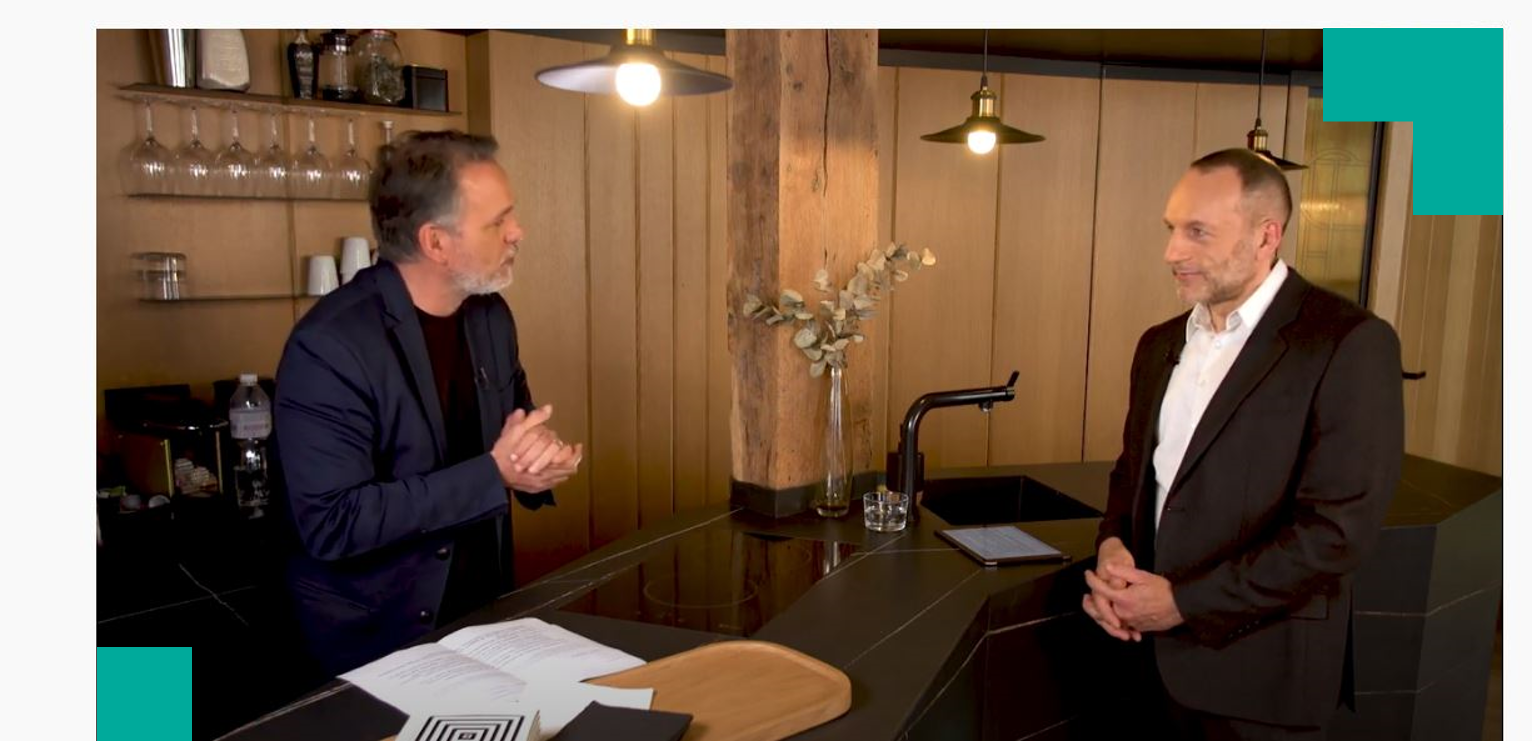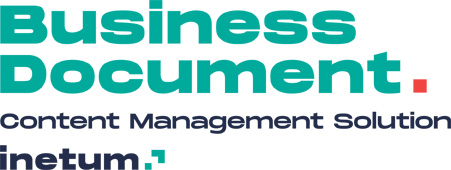Dematerialisation of the insurance sector, not so simple!

Everyone is talking about the digitalisation and dematerialisation of the insurance sector, but it is not that simple!
As a player in the insurance world, you need to adapt your business strategy by thinking about the needs of all your stakeholders. First of all, you have to take into account the needs of your policyholders, but you also have to facilitate the daily work of your managers and enable your IT teams to guarantee the smooth running of your information system.
More and more demanding customers
Today’s customers want to :
- take out their contracts online without going to a branch
- contract in a dematerialised way via electronic signature
- access additional online services such as the generation of real-time insurance certificates, endorsements, statements of situation or benefits or their Mutuelle card.
The digitisation of insurance must therefore meet this demand for « self-care », where the policyholder himself contracts, edits or uses documents in his application on his smartphone.
Simpler and faster, this self-care allows the policyholder to be a real player in his interactions with his insurance company. Digitalising the contractual or claims management process means that the policyholder can have access to personalised information through the channel of their choice, in completely dematerialised exchanges.
This approach brings together all the advantages of efficiency, speed and optimal customer satisfaction.
An essential aspect: the manager’s working comfort
Managers want to be relieved of their recurring daily tasks. By implementing a digitalization strategy within your company, you can guarantee your managers the automation of all their tedious administrative tasks.
In this way, they gain in efficiency by freeing up their time for more interesting tasks with greater added value for policyholders.
Thanks to the automation of business processes, managers can also collaborate more easily with their colleagues, who will, for example, be able to validate a claim proposal more quickly.
Exchanges for the follow-up of a customer file can be optimised and facilitated with the various stakeholders: expert firms, brokers, service or assistance providers, etc.
Finally, digitalisation allows them to be more responsive in handling policyholders’ requests by providing a personalised response through the communication channel of their choice.
The IT department, the guarantor of smooth operations
Of course, your IT teams must be able to guarantee the proper functioning and security of your information system with the implementation of a dematerialised content and document management solution.
But this is not the only challenge. Thanks to a better knowledge of the company’s business and strategy, your IT teams are increasingly playing a consulting role and are a source of innovative proposals.
As part of this digital transformation, they will be able to anticipate changes and their impact on the information system and gain in efficiency.
In particular, they will be relieved of the management of certain tasks, which will be reassigned to managers who will in return increase their autonomy.
In short, a good digital transformation must be thought out for all stakeholders by advocating a collaborative approach. Dematerialisation is an essential step. This dematerialisation makes it possible to automate administrative management to gain in efficiency while keeping the possibility of personalising content and communications to customers.
What are the essential functions for dematerialising all processes?
Business Document, our content management platform, meets your needs to dematerialise all your content processes. It helps you to increase your turnover, retain your customers and win new ones.
Our unified platform combines the features of ECM-Enterprise Content Management (EDM and archiving) and CCM-Customer Communication Management (desktop publishing) solutions.
In concrete terms, this collaborative platform implements transversal functionalities for :
- Capture documents
- Store and secure documents
- Create new documents such as insurance applications and contracts or claims communications
- Collaborate with your documents. Both through internal exchanges and with the customer or external partners.
The Business Document platform is already integrated with ERP and insurance software packages, and some customers also use it independently.
Our aim is to provide a comprehensive solution for all your needs, with a modular solution.
The main functions of our solution have been designed directly with our customers’ business teams.
- The interactive and personalised drafting of documents was developed based on the needs of claims managers.
- The Universe of Texts, which allows regulatory updates to be made, was designed based on the ideas of the lawyers and business lines working on the General Conditions.
- The interfaces for handling dematerialised documents can be easily customised to suit all types of customer profiles.
Modular and integrable, the platform adapts to your needs and to your information system thanks to its APIs (programming interfaces) and its multiple connectors.
So many challenges to challenge our solutions because our objective is to bring you added value in a few months on qualitative as well as quantitative criteria.
For example:
« By reducing postal costs by 30%, we are helping to modernise a customer relationship with interesting ROIs. »
« By improving the quality of the statements sent to policyholders, we have helped one of our clients to reduce the number of complaints to the contact centre by 25%…and the productivity of customer service representatives has increased by 20%.
Franck Reverdy – Digital Document expert – INETUM
